Pathology Microbiology And Immunology
-

Study identifies first cellular “chaperone” for zinc, sheds light on worldwide public health problem of zinc deficiency
A team led by Vanderbilt researchers has described and characterized the first zinc metallochaperone: a protein that puts zinc into other “client” proteins. Read MoreMay 17, 2022
-
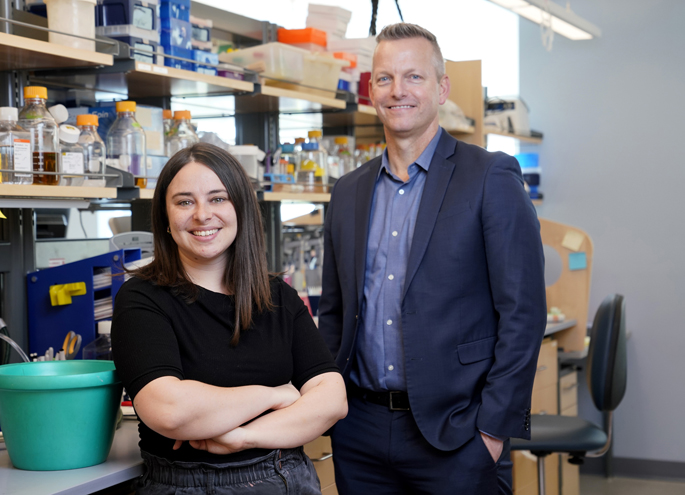
VUMC team discovers how bacterial pathogen survives without water
Vanderbilt researchers are studying a bacterial pathogen that can survive on hospital surfaces — without water — for months, an ability that has helped it become a leading cause of hospital-acquired infections. Read MoreMay 5, 2022
-

Study advances understanding of bacterial bioterrorism agent
Vanderbilt researchers have identified a critical regulatory factor in the bacterium that causes the disease anthrax and has been used as a biological weapon. Read MoreApr 7, 2022
-
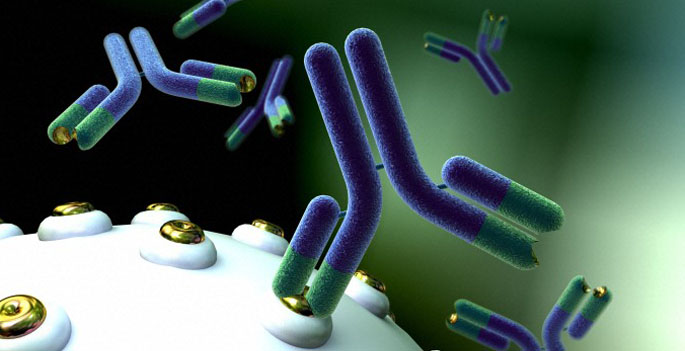
Crowe receives national award for COVID antibody research
Vanderbilt's James Crowe Jr., MD, and Michel Nussenzweig, MD, PhD, of The Rockefeller University, have been jointly awarded the 2022 Harrington Prize for Innovation in Medicine for “groundbreaking work” that enabled the use of human antibodies to treat COVID-19. Read MoreMar 31, 2022
-

Impaired neutrophils in autoimmunity
Vanderbilt researchers help answer the question of why patients with autoimmune diseases like lupus are more susceptible to bacterial infections: their neutrophils have impaired antibacterial activity. Read MoreJan 27, 2022
-
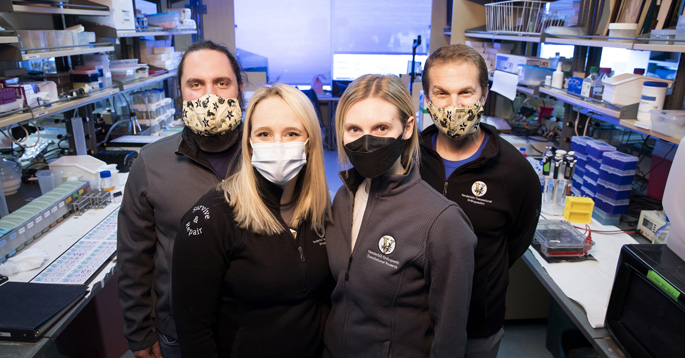
Study identifies molecular trigger of severe injury-induced inflammatory response
Vanderbilt researchers have discovered that early inappropriate activation of the enzyme plasmin caused by severe injury is a trigger of systemic inflammatory response syndrome and resulting organ failure. Read MoreJan 19, 2022
-
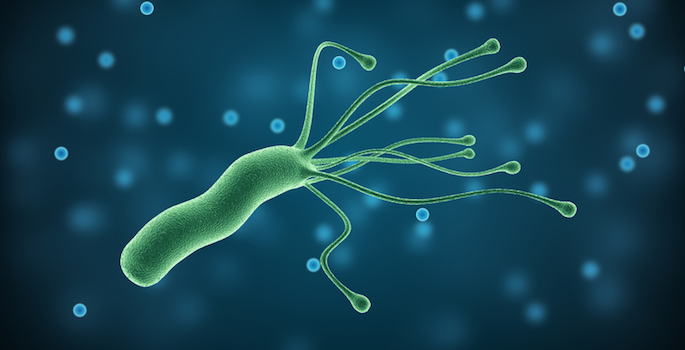
H. pylori, lipid loss and stomach cancer
H. pylori infection — a strong risk factor for stomach cancer — changes the composition of stomach lipids, which could offer new biomarkers for detecting premalignant changes, Vanderbilt researchers discovered. Read MoreJan 17, 2022
-
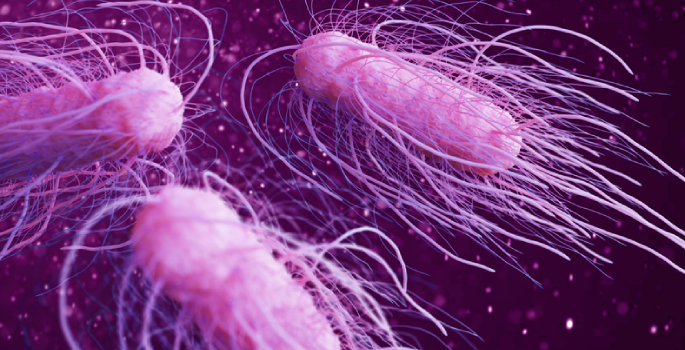
Salmonella overcomes host resistance
The invading pathogen Salmonella, a common cause of food poisoning, can change its metabolism to overcome host resistance to its colonization. Read MoreJan 13, 2022
-
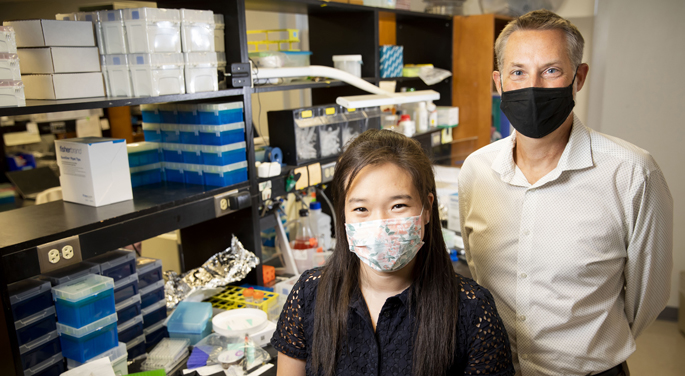
CRISPR screen identifies new anti-inflammatory drug target
A novel CRISPR screen developed by Vanderbilt researchers identified a promising new target for anti-inflammatory therapeutics. Read MoreNov 11, 2021
-

Research Snapshot: COVID-19 virus test sensitivity varies with body’s circadian rhythm
Carl Johnson, Cornelius Vanderbilt Professor of Biological Sciences and expert in biological clocks, identifies temporal component to COVID-19 viral shedding. Est. reading time: 2.5 mins. Read MoreOct 26, 2021
-

“Ultra-potent” antibody against COVID-19 variants isolated at VUMC
A technology developed at Vanderbilt has led to the discovery of an “ultra-potent” monoclonal antibody against multiple variants of SARS-CoV-2, the virus responsible for COVID-19, including the delta variant. Read MoreSep 22, 2021
-

Vanderbilt graduate student receives HHMI Gilliam Fellowship Grant for Advanced Studies
Nicholas Shealy, a doctoral student in Vanderbilt University’s Microbe-Host Interactions Program, has been awarded a prestigious fellowship grant from the Howard Hughes Medical Institute that advances diversity and inclusion in the sciences. Read MoreJul 22, 2021
-
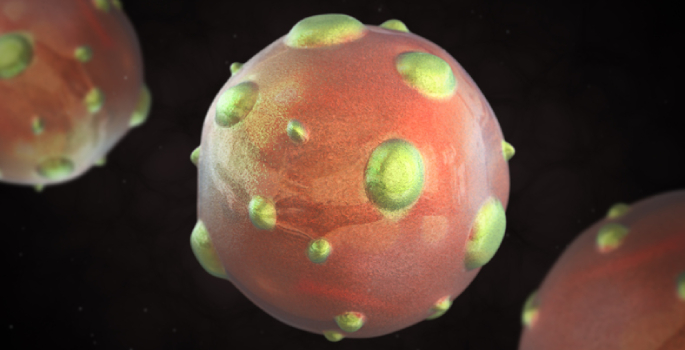
Therapeutic antibodies for hantavirus
Vanderbilt Vaccine Center researchers have isolated monoclonal antibodies against hantaviruses, an emerging source of human disease with pandemic potential. Read MoreMay 24, 2021
-
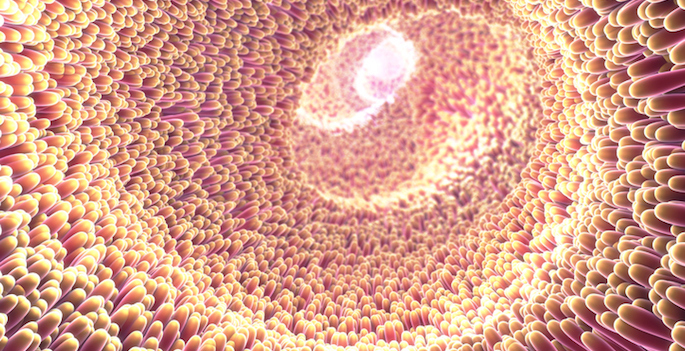
Graduate student wins fellowship to study gut microbiome’s relationship to childhood obesity
Graduate student Catherine Shelton has been selected as one of two students nationally to receive the ninth annual Gut Microbiome, Yogurt and Probiotics Fellowship grant from Danone North America, the fresh dairy and plant-based products company. Shelton will use her grant to fund her research on identifying early-life microbiota components that may prevent obesity in children. Read MoreMay 4, 2021
-
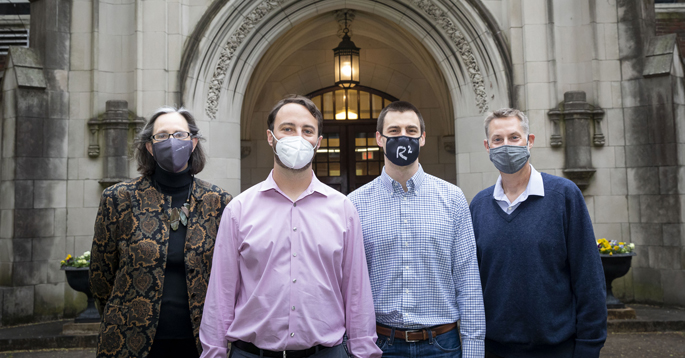
Study revises understanding of cancer metabolism
Tumors consume glucose at high rates, but a team of Vanderbilt researchers has discovered that cancer cells themselves are not the culprit, upending models of cancer metabolism that have been developed and refined over the last 100 years. Read MoreApr 7, 2021
-

Novel way to neutralize Rift Valley Fever Virus
The discovery of monoclonal antibodies that neutralize Rift Valley Fever Virus — an emerging infection with pandemic potential — lays the foundation for future therapeutic antibody development. Read MoreApr 1, 2021
-

Prostate cancer microenvironment
Distinct cancer-associated fibroblasts in the prostate tumor microenvironment may influence tumor progression and could point to new therapeutic targets. Read MoreMar 23, 2021
-

Temperature, newts, and a skin-eating fungus
The emergence of pathogenic skin fungi that cause the disease chytridiomycosis is contributing to the global loss of amphibian populations. Read MoreMar 8, 2021
-
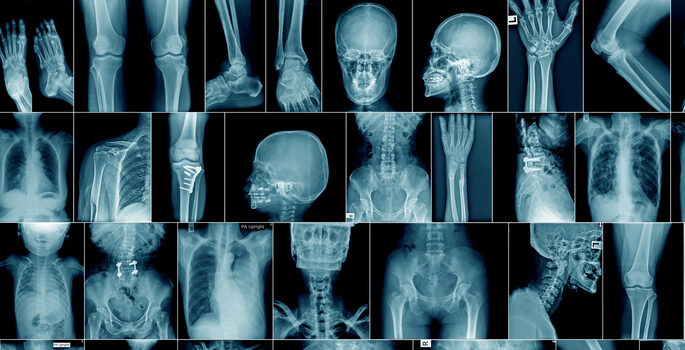
Calcification after severe injury
Vanderbilt researchers have linked bone-related complications of severely injured patients — findings that could help minimize these complications. Read MoreFeb 23, 2021
-

VUMC postdoctoral scientist named HHMI Hanna Gray Fellow
Valeria Reyes Ruiz, PhD, a postdoctoral fellow in the Department of Pathology, Microbiology and Immunology, has been selected as a 2020 Hanna Gray Fellow by the Howard Hughes Medical Institute (HHMI). Read MoreFeb 18, 2021